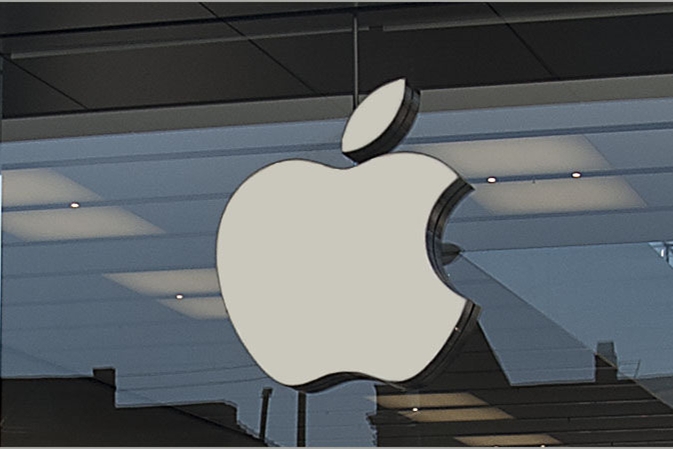On April 23, 2025, the European Commission imposed fines totaling €7 billion on two American tech giants, Apple and Meta, under the Digital Markets Act (DMA). This marked the first enforcement action since the DMA came into effect in March 2024. However, the penalty has sparked a strong reaction from the U.S. government and the tech industry, revealing deep-seated contradictions between the United States and the European Union in the fields of tech regulation and trade.
The “Crimes” Behind the Fines
Apple was fined for restricting app developers from guiding users to use third-party payment channels in the Apple App Store. The EU argued that this practice deprived users of the right to access alternative and potentially more favorable services, violating the “anti-steering” clause of the DMA. Meta, on the other hand, was penalized for its “consent-or-pay” model on Instagram and Facebook. This model required users to either consent to having their personal data used for personalized advertising or pay a monthly fee for an ad-free version of the service, which the EU saw as a disguised forced data collection.
The Strong Reaction from the United States
The U.S. White House expressed strong dissatisfaction with the EU’s decision, labeling it as “economic extortion” and accusing the DMA of being discriminatory. A spokesperson for the White House stated that such extraterritorial regulations targeting U.S. companies would be seen as trade barriers and a direct threat to free societies. Both Apple and Meta also issued statements, indicating that they would appeal the EU’s decision. Apple argued that the EU’s decision would not only undermine user privacy and security but also potentially harm its products. Meta accused the EU of trying to force it to change its business model and provide inferior services.
The “Tech Battlefield” in U.S.-EU Trade Frictions
The fine came at a time when the U.S. and the EU were already locked in a fierce battle over so-called “reciprocal tariffs,” and many observers believe it will further exacerbate the trade tensions between the two sides. Former U.S. President Donald Trump had previously threatened to impose tariffs on countries that penalized U.S. companies. This time, the EU’s fines on Apple and Meta were seen by some analysts as a key counterattack by the EU in the U.S.-EU trade war. Previously, the U.S. had announced a “reciprocal tariff” policy with a rate as high as 20% for the EU, while the EU hinted that it might take a variety of measures in response, including targeting large tech companies.
The Impact on American Tech Giants
The fines could have far-reaching implications for the business models of Apple and Meta. Apple might be forced to open up its App Store payment ecosystem and reduce its 30% “Apple Tax,” which would directly affect its service revenue. Meta, on the other hand, will need to readjust its advertising revenue model, exploring compliant personalized advertising solutions or shifting to a subscription-based model. However, there is uncertainty regarding user willingness to pay.
The U.S.-EU Tech Regulation Tussle
The EU’s regulation of American tech giants is not new. In recent years, the EU has imposed fines of over $8 billion on Alphabet, Google’s parent company, and ordered Apple to pay €13 billion in back taxes to Ireland. The implementation of the Digital Markets Act this time marks a shift from “deterrence” to “action” in the EU’s regulation of tech giants. However, the United States is also facing similar antitrust pressures. For example, the U.S. Department of Justice is currently reviewing antitrust remedies for Google, and may even consider splitting its Chrome browser from the Android operating system.
Conclusion
The €7 billion fines imposed on Apple and Meta by the EU are not only a manifestation of the regulatory conflicts between the U.S. and the EU but also a microcosm of the changing global tech competition landscape. As the digital economy continues to develop rapidly, the market influence and data monopolies of tech giants have become increasingly prominent. The EU’s Digital Markets Act attempts to break these monopolies through regulatory measures to protect consumer rights and market competition order. However, the strong reaction from the U.S. government and tech giants also reflects the challenges to the United States’ dominant position in global tech competition. In the future, the regulatory tussle between the U.S. and the EU in the tech field will continue, and the outcome of this tussle will have a profound impact on the development of the global tech industry.

